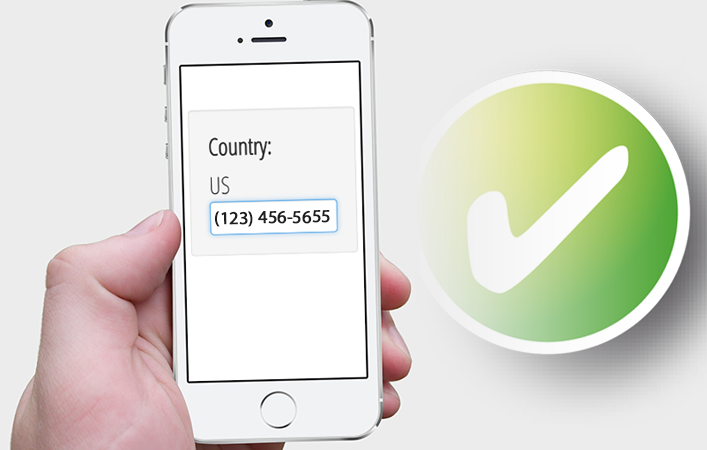
Consumers feel more intimidated by data breaches, and for a valid reason: hundreds of millions of originally used passwords have gotten into the hands of hackers. Consumers aren’t the only ones who have to deal with the consequences of cybercrime. The Ponemon Institute’s Cost of Data Breach research shows the devastation security breaches have on companies and brands, not to mention the high costs of customer assistance and reputation restoration.
Locking the door with a password is like leaving a window open.
Companies have increasingly begun keeping sensitive data in cloud applications to keep up with customer desire for access to services whenever, wherever, and from any device. While this makes sites like Box, LinkedIn, or Facebook simpler to use, users must remember hundreds of passwords. In reality, individuals are frequently overwhelmed by the number of passwords they generally need to remember and often handle this difficulty by picking potentially dangerous common passwords that they (and hackers) will find easy to remember or figure out when they forget. And it is not only basic passwords that are an issue. Using passwords as a form of security is insufficient since the Heartbleed flaw was revealed in 2014.
If not passwords, then what?
Whether it’s biometrics, email-based verification, social network IDs, or a variety of sophisticated authentication applications and ID tokens, every alternative to passwords has its supporters. While some of these options may fit certain cases, none of them works for applications needing worldwide access and a high degree of security. Consider that:
- There is still a long way to go before widely embraced biometric and wearable technology.
- Social network and email logins are readily spoofed, resulting in large registrations.
- Tokens for identification are an extra expense and are prone to disappearance.
Phone number verification utilizes the final user identity.
A phone validator API authentication method is a great alternative to passwords for many reasons:
- Almost everyone on the planet has at least one phone number, which they have kept for decades. It’s worldwide and long-lasting.
- Phone numbers are adaptable: phone numbers are generally costly and time-consuming to spoof.
- Using them for security is inexpensive: no new hardware is needed, and sending/receiving messages is cheap.
Phone-based authentication includes delivering a one-time password (OTP) to a user through a distinct communication route (e.g., SMS, MMS, WhatsApp, Facebook Messenger, Viber, or even speech) from the IP channel (internet) used by the application, ensuring security in case the IP channel is hacked. Only the owner of that phone number has access to the passcode and can log in to the program and authenticate their identity using a PIN code. Scammers can’t save old PIN digits and then use them in bulk to sign up for new accounts, so companies may make this single-use password expire after a short period.
Phone number verification may also be used with regular passwords to enable two-factor authentication. A password is something the user understands, and a phone is what the user owns.
There is no need for app developers to start from scratch.
Developing a phone number validation API that works internationally is challenging because of the sophisticated protocols and the many subtleties of telco infrastructure. But there are several easy-to-use options readily accessible, such as phone verification APIs that enable you to effortlessly replace standard passwords. Verifying a customer’s phone number is a reliable approach for companies to safeguard their customers’ private information and, as a result, their reputations.










